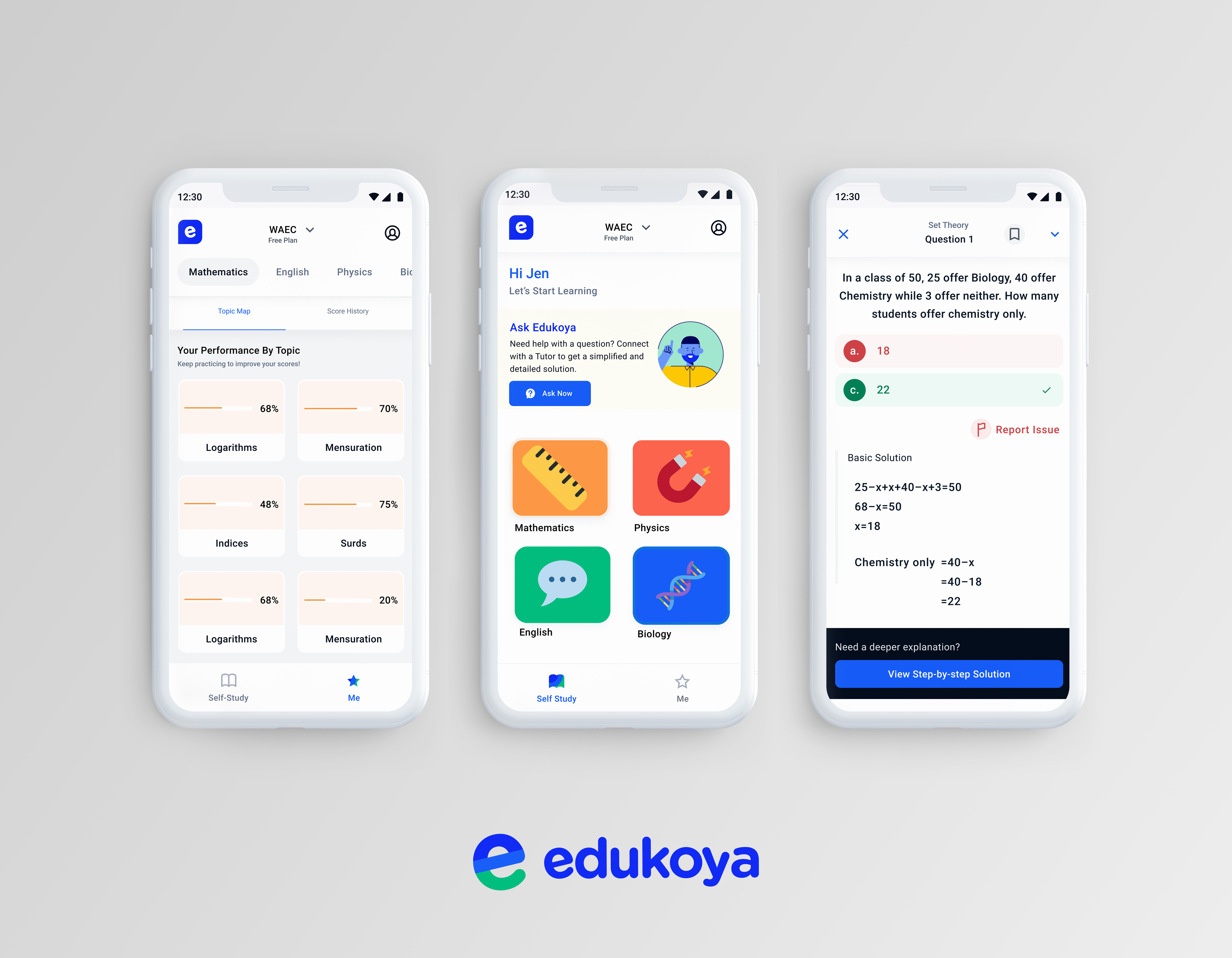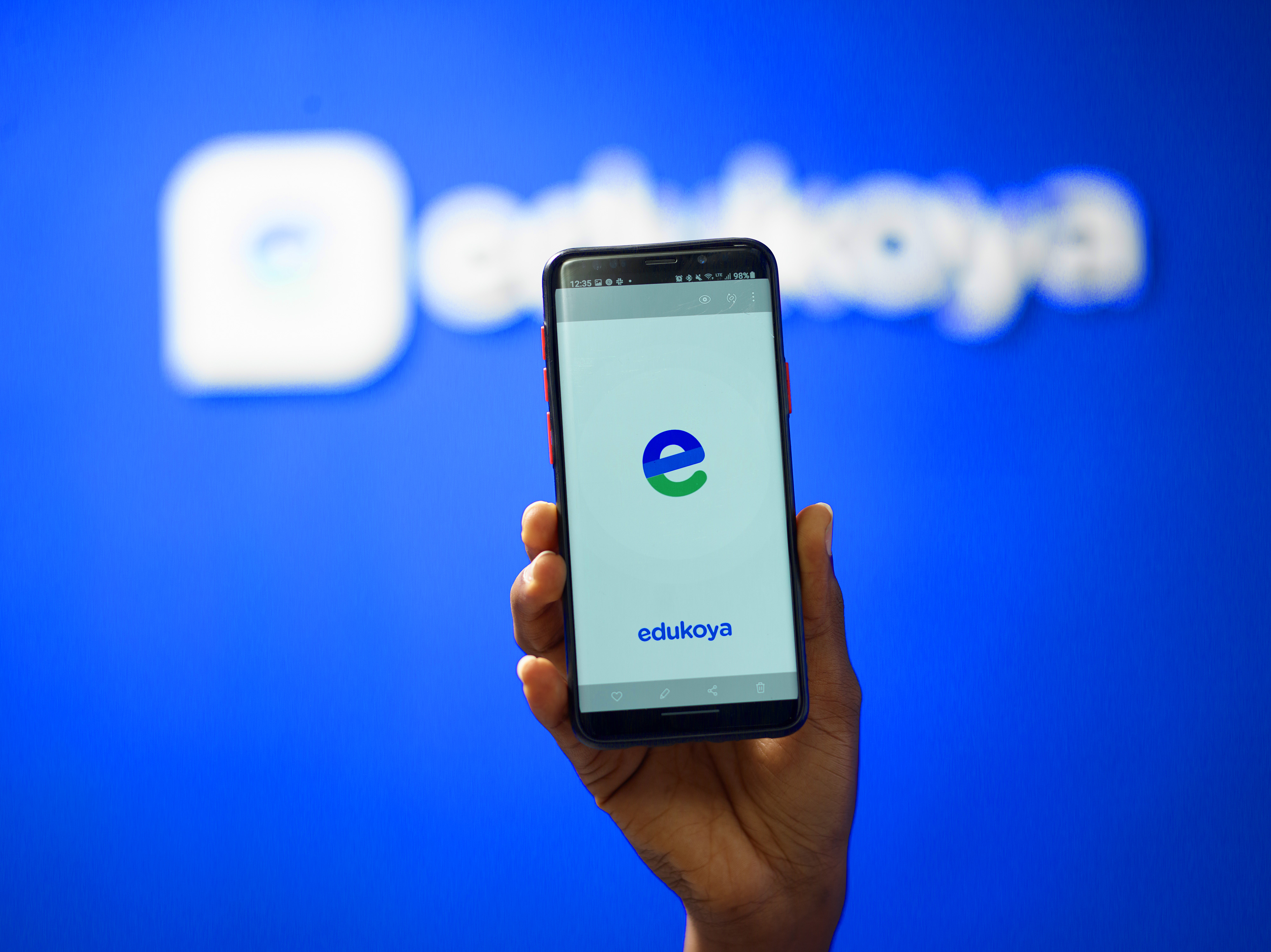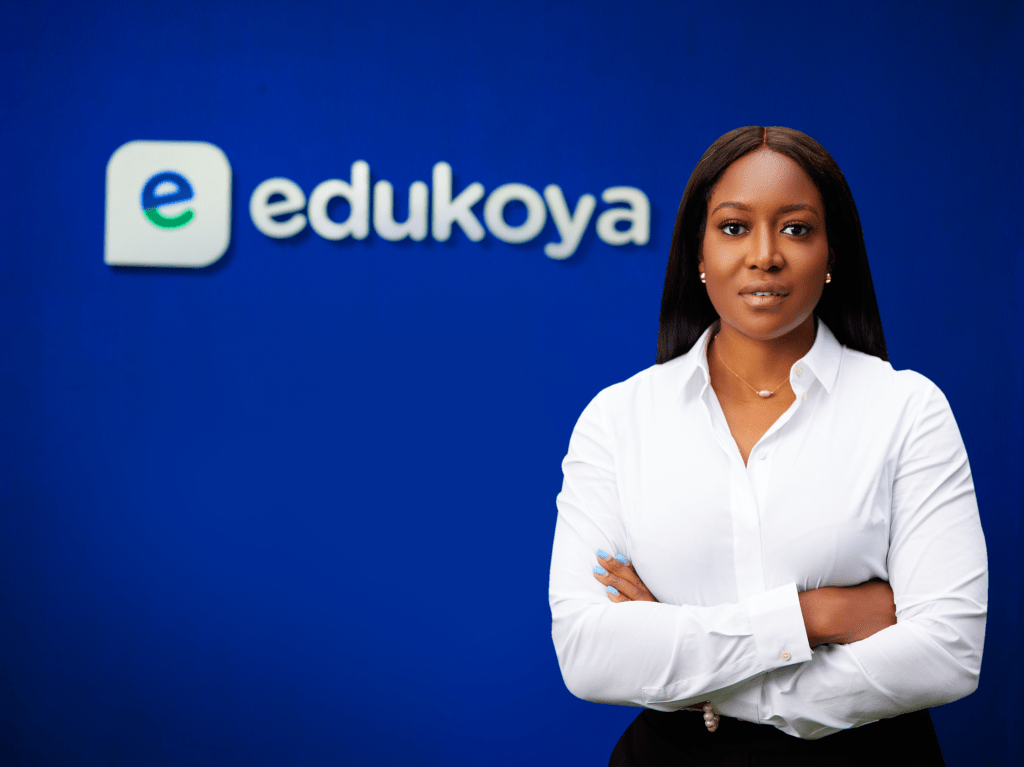For years, offline test preparation centers in Nigeria have provided after-school guidance and tutoring to students who seek to pass entrance examinations. Edtech platforms such as Edukoya have sprung up with the intent to take these models online and maintain affordability for students.
Today, the Lagos- and London-based startup, which builds online education content and offers online tutoring for students and their parents, raised $3.5 million in pre-seed funding led by European VC firm Target Global.
The platform offers a range of features such as a 24/7 exam preparation and homework help, a question bank with step-by-step workings and personalized performance tracking systems.
Edukoya was founded by CEO Honey Ogundeyi in May. She told TechCrunch that the platform, launched this month in beta, plans to go live fully in 2022.
Nigeria’s education system is a stark representation of what exists in most countries in Africa: poorly equipped classrooms, few high-quality teachers, terrible infrastructure, irrelevant curriculum and ridiculous student-to-teacher ratios (it’s been as high as 46:1 in Nigeria for the primary level).
As a result of these challenges, the average parent seeks after-school classes for their kids. Ogundeyi experienced this during her schooling days in Nigeria, and she said she started Edukoya after contrasting K-12 experiences in the West African country and the U.K.
“Sometimes, even the most brilliant students can be let down by the system,” she said. “If my parents hadn’t made the sacrifice for me to go abroad, all the successes that I’ve had in my career would have been completely different. Now, I have two kids and seeing that same problem of going to school and struggling with some subjects made me look into getting after-school teachers. And it just struck me that this thing hasn’t changed pretty much for the last 50 years. If we look at all the innovation across different industries, Africa’s education system has remained untouched for 50 years; it’s been stagnant.”

At the end of every K-12 education, the goal of most students is to get into a university. Like in the U.S., where the SAT is the standardized test for college admissions, the Joint Admissions and Matriculations Board (JAMB) and West African Senior School Certificate Examination (WASSCE) are the equivalents for university admissions in Nigeria.
Students typically practice for these exams with materials containing previous test questions. Edukoya bundled these practice tests for both entrance exams (about 20,000) into its mobile application. Edukoya said it provides step-by-step solutions to “solve tough problems on past examination papers,” and students can connect to experienced tutors to help them out whenever they are stuck.
The platform then provides insights with scores, time spent per question and other stats to help students identify their strengths and areas for improvement.
In the few months that the platform has been in beta with a handful of users, Edukoya claims that 96% of students using its platform received higher marks during recent tests than when they didn’t use Edukoya.
Edukoya isn’t the first edtech startup to have launched an online learning or test preparation application in Nigeria. So many similar platforms cropped up in the last five years that it seemed it was the only brand of edtech that could be built in the country.
A lot of them have closed or achieved little or no scale. Edukoya has yet to do either. But after raising the largest pre-seed round in Nigeria and on the continent, the startup is poised to achieve a grander scale than its predecessors, which only secured paltry sums of VC money.
Furthermore, Ogundeyi believes Edukoya’s approach to learning makes it stand out from its competition and previous platforms.
“This model is unique in that we are reaching parents and learners 100% online and supporting them not only across exams but also the day-to-day learning, homework, support, etc.
“Edukoya goes beyond exam prep. First, it’s an educational partner to parents and learners in primary and secondary school. We’ve seen people tackle smaller pockets in different ways, but not in a holistic way that we’re thinking about it,” she said.

Most edtechs that play in this space tend to launch their platforms for grades 1-12. Edukoya is looking at it differently. Its platform is only available to students in grades 10-12, the segment taking exams into tertiary institutions.
Ogundeyi said that once the company tests with this very tight segment and five core subjects, it will open up to cover more subjects and other grade levels.
Explaining why the company adopted this strategy, the CEO said, “I think that’s from my core focus — one of the things I got from Google, which is to make a core group of people love you first. We are working with the last three grades, which are very important in Nigeria because that’s where people take those exams. And we think this is a good sort of test bucket to work with a really core group of people who need an intervention in that space. Once we have proven that it works here, it’s easier for us to expand it across other curriculum years and grades.”
Edukoya is free now, but Ogundeyi said the company would explore a freemium model where premium products are used to upsell students or parents.
Ogundeyi noted that Edukoya would need to keep sourcing experienced teachers to provide tutoring services for this to happen. For new-age edtechs, including YC-backed Kenyan startup Kidato, Tencent and Owl Ventures portfolio company uLesson, targeting these three communities (students, teachers and parents) is paramount from day one.
This isn’t the CEO’s first spell at running a startup. In 2014, she founded Fashpa, a Nigerian fashion e-commerce store. Her professional career spans consulting and managerial roles at McKinsey & Company, Ericsson, Google and UK-Nigeria Tech Hub.
She was also the founding CMO of Kuda, the Nigerian neobank founded by Babs Ogundeyi. He is one of the angel investors in this round; others include his co-founder Musty Mustapha, Paystack CEO Shola Akinlade, Stash founders Brandon Krieg and Ed Robinson, and Aux Money CEO Raffael Johnen.
Lina Chong, the investment director at Target Global, confirmed her firm’s investment, saying, “Edukoya’s mission to provide better quality to millions of African students, combined with the team’s ability to execute on this ambition, left an immediate impression on myself and the whole team at Target Global. Their business has the potential to unlock learner potential and improve lives across generations.”
Ogundeyi mentioned that a bulk of the pre-seed funding would expand its team and learner base and build out the technology for its learning platform, including support for its pan-African and European developer hubs.
The CEO was one of the earliest female founders in Nigeria. Seven years after her first startup, she has now raised the largest round at this stage in this “minority group.” Though she’s impressed by the quality of female founders springing forth and the check sizes they are commanding, she said it’s still early days for her clique.
“I’ve been in this space for a long time and I’m particularly passionate about female founders and expanding the scope of what we can do. I don’t make that segmentation so much. Given the right opportunity and the right experience, female founders can build big valuable businesses. This is just day one for us as part of that journey.”































Comment